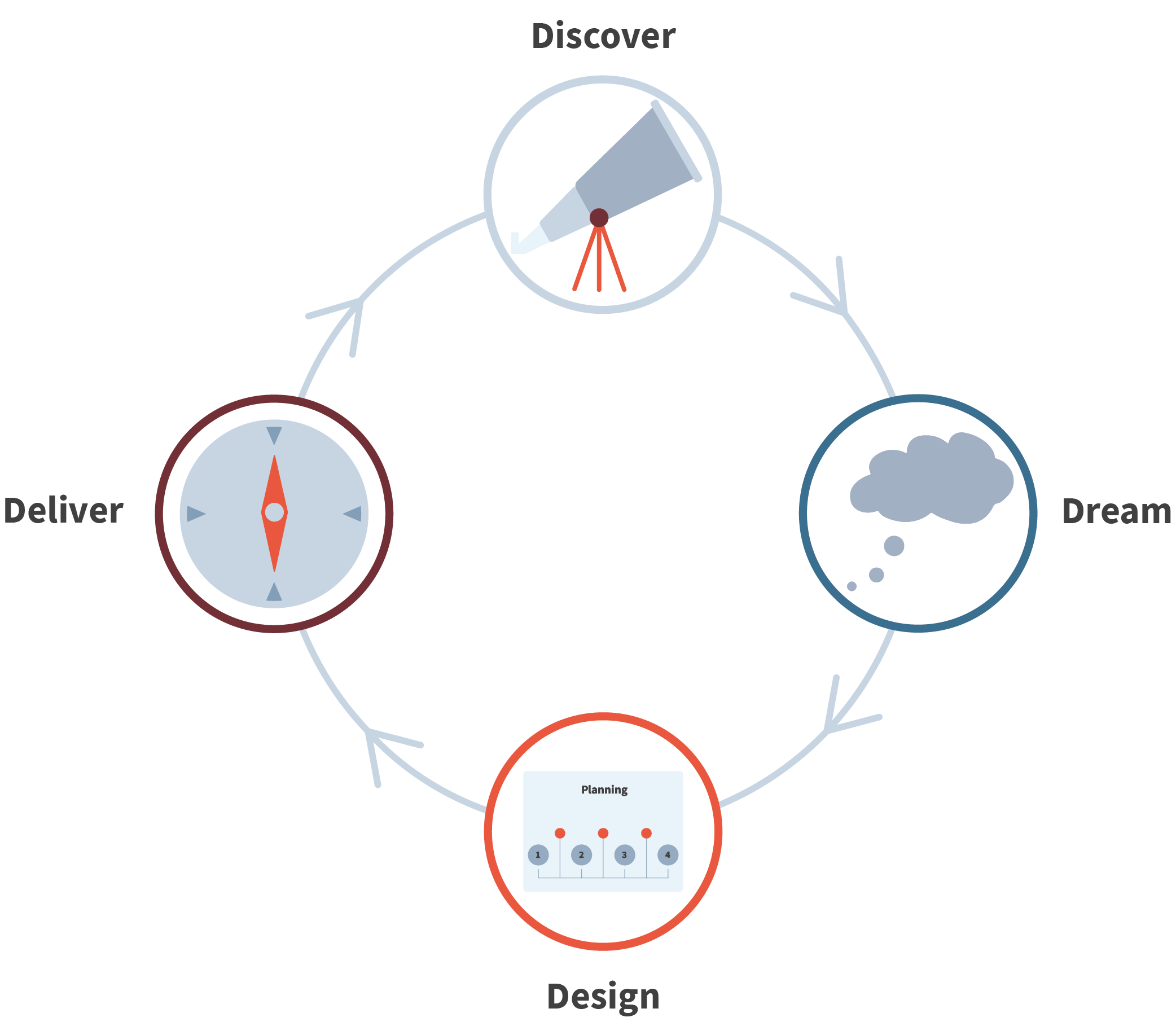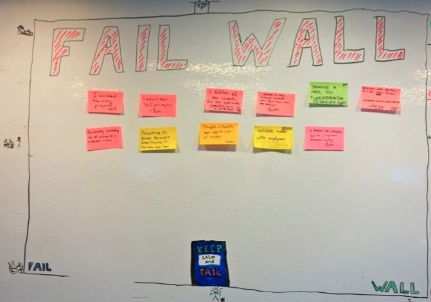We recognise the importance of learning through feedback. The process of doing something, reflecting on the outcome, understanding what went well and what didn’t go so well. Then, armed with new insight, having a go at doing things differently.
Many companies embrace the idea strongly and have slogans such as “we work with a no-blame culture” to help employees “go public” when there is learning to be gained from something not working out as expected. Spotify, for example, in an effort to learn from mistakes, have instigated a “Fail Wall”. This is a whiteboard with Post-its that publicly celebrate project failures. This serves as the starting point for post-mortems that examine what has been learned and how to prevent similar failures in the future.
Amy Edmondson, Professor of Leadership at Havard Business School, refers to Psychological Safety as the ‘‘shared belief held by members of a team that the team is safe for interpersonal risk-taking.’’ It is ‘‘a sense of confidence that the team will not embarrass, reject or punish someone for speaking up.” Google’s Project Aristotle went on to identify this as the number one factor in team effectiveness.
The challenge is, that although we may sign up to the philosophy, putting your hand up to say you’ve failed at something is difficult for most of us. When we feel blame hovering over our name, we are highly uncomfortable. We get the theory but find the practice more challenging. So how do we develop people without having them need to own up to failure?
Although learning from failure is popular and generally embraced in some cultures, especially western cultures, it is by no means a universal truth. In the Middle East, where I am working, it can be a very difficult concept. Rather than being seen as a learning opportunity, failure is usually considered highly embarrassing and avoided where ever possible.
It can be helpful to engage supplementary tools for developing people, and working change through an organisation, in addition to solely ‘learning from failure.’
Appreciative Inquiry (AI) is one of those tools. Developed at Case Western Reserve University‘s department of organizational behaviour and starting with a 1987 article by David Cooperrider and Suresh Srivastva. AI uses carefully designed questions to discover what is going well for an organisation, team or person. The strengths and what “gives life”. The future is then imagined and designed around these strengths. Instead of focusing on what needs to be fixed, the technique focuses on what is going well. The approach can be captured in the 4D model :
Discover what is going well using crafted questions, Dream what the future could look like if it is built on what is going well and then bring that future into reality by first Designing it and then Delivering it.

We recently ran a couple of Appreciative Inquiry workshops for a consultancy company working in the construction industry. Part of their job is to train and equip their client, a government organisation, to own, maintain and manage significant sections of infrastructure that are being built. This requires organisational change on behalf of the client and skilled support from the consultancy.
They have intentionally chosen AI as a tool to aid organisational change. Working with the client and discovering what is going well has proven a much more fruitful conversation than focusing on what is not going well. And collaboratively “dreaming” a future based on strengths leads to easier and stronger engagement.
Appreciative Inquiry and its focus on what is going well is massively helpful in developing a realistic path forward and engaging capable stakeholders who are easily lost when the main focus is on learning from what is not working.
Want to know how Apppreciative Enquiry techniques could help your team? Get in touch.






